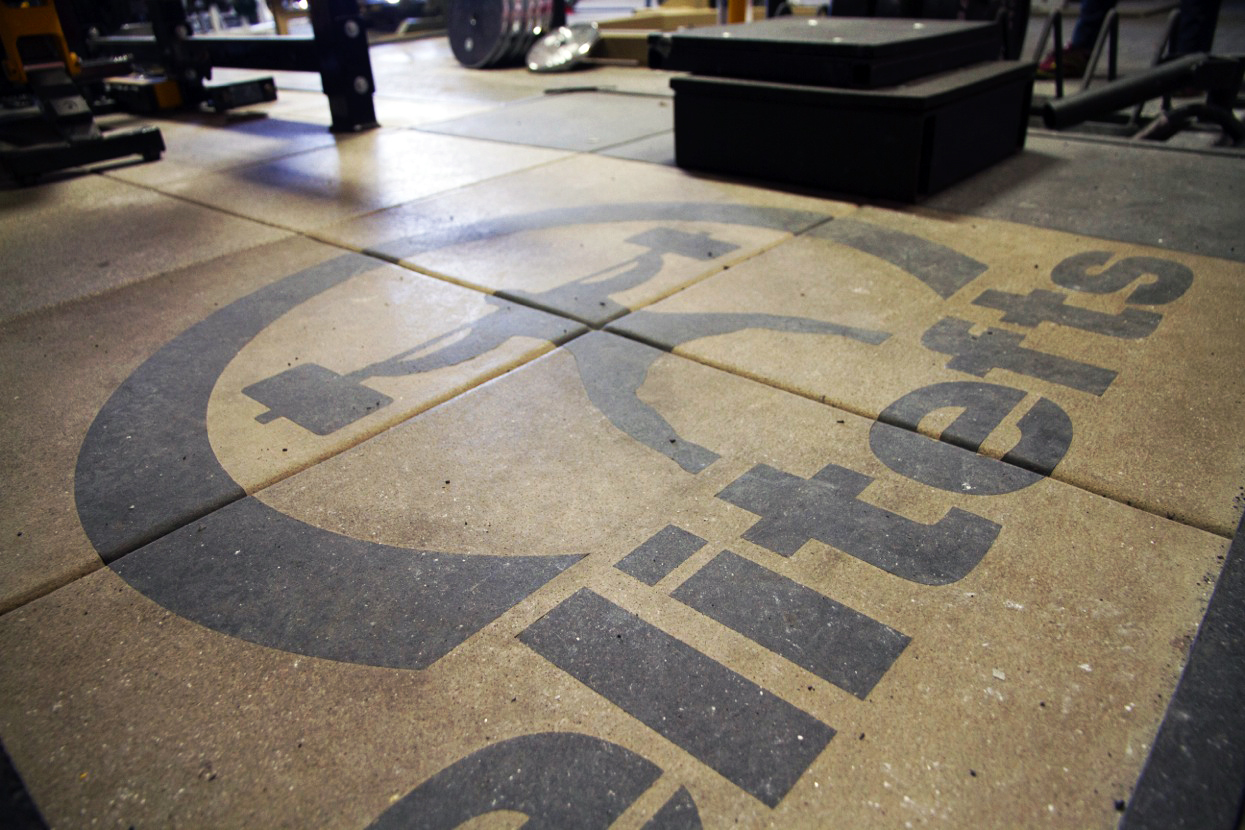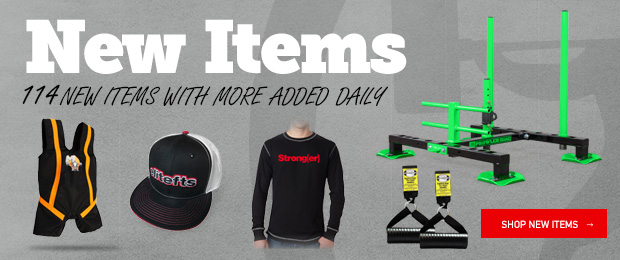
This article will try to help you get your program off the ground and figure out the balancing act between what you want to do, what your head coach wants you to do and what your team really needs.
As a coach, it's very important to have a set of core values. These should be your foundation, the things that people see every time they watch you train your team and the things your team feels every time they train with you. Your core values can be as simple or as complex as you want, but they must be the most natural things in the world for you to enforce and teach. For example, when doing agility drills, I want attention to detail. I want the line touched every time, and I want the guys finishing strong. Every time we do drills, this is enforced and preached. We have a name for it—ATD (attention to detail). Our players even yell out “ATD” if they catch a teammate not performing drills correctly. By correctly, I mean the way that I want them done because this is how I want to run my program. This doesn't mean that this is the only way to perform drills, but it's what I believe in. It's one of my core values as a coach. It's very natural for me to teach that and demand that. That is how things are done. It's second nature to me. The problem is it may not be second nature to you, so don’t do it.
This is where you can get lost with all the good, bad and ugly information out there. If it isn't in your DNA to teach and demand it, don't do it just because someone else is doing it. Find something else that you want to highlight in your program.
RECENT: You Never Know How You'll Find Your First Job
This is where many young strength coaches run into trouble. They come from a program that might be really good or really bad, but they only know their former boss's programming, core values, mission statements and so on. Usually in this situation, they aren't the same type of person as their former boss, so they wind up trying to be a coach or person they aren't and it never feels right. That's why you see assistant football coaches who work for a very successful head coach get their own teams and it doesn’t work out. What they did at school X may not work at school Z. You have to be your own person and know what you want to stand for.
I wish every strength coach I hire could've worked in a high school for a few years before entering the collegiate setting. They would know their beliefs and core values and have leadership responsibility experience that is sorely lacking in young coaches today. If the standards they want to uphold match mine, they're in. If not, they're out. I've gotten rid of people on their first day. That may sound hard or cruel, but if their core beliefs don't match those of the program, it isn't going to work. You can't teach it. If it isn't natural for them, it won't be natural when they're coaching the players.
Every person who works with your team is a direct reflection of you, your program and your leadership. I don't want any weak links in my coaching chain. They don't have to be like me personality wise, but they must have the same core values. The best staff I've had were those with many different personalities but the same core values. It was great because there were personality types that could reach every personality type on the team, so we got more out of the athletes and it wasn't just everyone screaming their heads off all the time. Coaches were put with the right players. Relationships were built, trust was developed and championships ensued. That is how it's supposed to work. There weren't any egos, and our only concern was getting those players to perform on Saturdays. Coaches teach and demand. Players prepare and perform.
A Brand New Start: Advice for Taking Over A Program
So in simple terms, the first two steps in starting your program are to find out what your core values are and how you want to achieve them and to find like-minded individuals to help you implement them. The third step in building your program is to find out what your team needs in order for it to get better. Evaluate in every way possible. Get feedback from all sources in the program, come up with a strategy that you believe in and go do it. I can't stress enough that doing what your team needs compared to what you may have wanted to do is the key to early success. Start fixing things that need fixing first. Your athletes will start to become better right away and then bam—instant credibility. I've started positions with a plan of what I wanted to do and after one workout thrown it in the trash and started over because I wasn't addressing what the team needed. It could be anything. Some need speed technique, some need flexibility and some need strength. Find out what it is and get to it. Put blinders on. Don’t stay up all night reading this post and that workout and this expert and blah, blah, blah. That will come later after you've laid your foundation with the program. Build it your way no matter how long it takes and then start looking around for the icing on the cake. Have confidence in what you're doing. If you truly believe that what you're doing is right, stay the course no matter how rocky the road gets. You will come out on top because you, your staff and your players will all be on the same page kicking ass and taking names.
The fourth and final obstacle when starting out is dealing with the head coach and his staff. I've been blessed to work with some great coaches who told me what they wanted with their program. They were all different (i.e. running the ball, spread, pro-style), and they told me how they wanted their players to perform. We got to go out and prepare them. Just work hard on finding the right balance. It's the coach's program and you're a spoke in the wheel. Sometimes you may have to lose some battles to win the war, but you wouldn't be there working for the coach if he didn't trust you to get the job done, so just go out there and do it your way.











